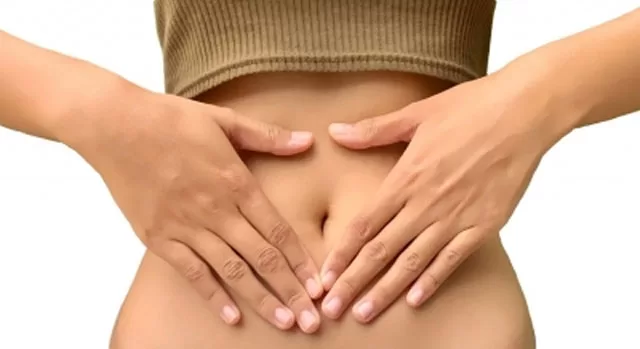A new study from the University of California, Riverside, suggests that probiotics may offer a protective effect against the harmful impacts of fire-retardant chemicals known as polybrominated diphenyl ethers (PBDEs), which are widely present in household products, electronics, and even infant products. PBDEs, persistent pollutants that disrupt hormones, have been linked to developmental and health issues and are found in the environment, human tissues, and food.
Published last week in Archives of Toxicology, the study revealed that supplementing the maternal diet with the probiotic Limosilactobacillus reuteri (LR) can mitigate PBDE-induced damage in mice, particularly in neurodevelopment, behavior, and metabolism. The research, led by neuroscientist Margarita C. Curras-Collazo, offers hope for developing interventions to protect human health from these ubiquitous pollutants.
PBDEs are known to impair the gut microbiome, which plays a crucial role in brain and metabolic health. Curras-Collazo and her team focused on the potential of L. reuteri, a bacterium naturally found in the digestive tract and in fermented foods like yogurt, kimchi, and sourdough bread, to prevent such damage. The researchers exposed pregnant mice to PBDEs or a control substance (corn oil) and supplemented some of the mice with LR during pregnancy and breastfeeding. They then evaluated the developmental milestones and behavior of the offspring.
The results were striking. Male offspring exposed to PBDEs showed delays in body weight gain and abnormal timing of tooth eruption, which are indicative of developmental disruptions. However, supplementation with LR helped normalize these issues. “LR treatment prevented delays in male weight gain and helped normalize the timing of tooth eruption in both sexes,” said Elena Kozlova, co-first author of the study.
Additionally, the study found that female offspring exposed to PBDEs exhibited hyperactivity and exaggerated digging behavior in adulthood, conditions that were alleviated by LR. The probiotic also improved glucose metabolism and insulin levels in these females.
For Maximillian Denys, a UCR medical student and co-first author, the findings were especially significant given the disproportionate impact of pollutants on underserved populations. “Low birth weight and other developmental markers are established predictors of adult health outcomes,” he explained, emphasizing the need for strategies to reduce the harm from environmental toxins.
Curras-Collazo’s team discovered that PBDE exposure altered the gut microbiome in a sex- and age-dependent manner. Maternal supplementation with LR promoted a diverse gut bacteria profile in female offspring and prevented harmful changes in male offspring. This suggests that the probiotic’s effects may stem from its ability to influence gut microbiota, which in turn impacts overall health outcomes.
“The changes in gut bacteria triggered by probiotics may contribute to the observed improvements in behavior and metabolism,” Curras-Collazo said. “By better understanding how probiotics interact with environmental toxins, we can explore new ways to use these therapies as early interventions.”
While the results are promising, the team cautions that further studies are needed to replicate these findings. Still, the research opens the door to using probiotics as a potential tool for safeguarding children’s health against the long-term effects of environmental pollutants, providing a new avenue for addressing the health risks posed by chemicals that remain in our environment.
The study was conducted by Curras-Collazo, Kozlova, Denys, and other UCR researchers, including Rui Liu, Anthony E. Bishay, Elyza A. Do, and others.
For more details, see the full study: Maximillian E. Denys et al., Maternal probiotic supplementation protects against PBDE-induced developmental, behavior and metabolic reprogramming in a sexually dimorphic manner: Role of gut microbiome, Archives of Toxicology (2024). DOI: 10.1007/s00204-024-03882-4.












